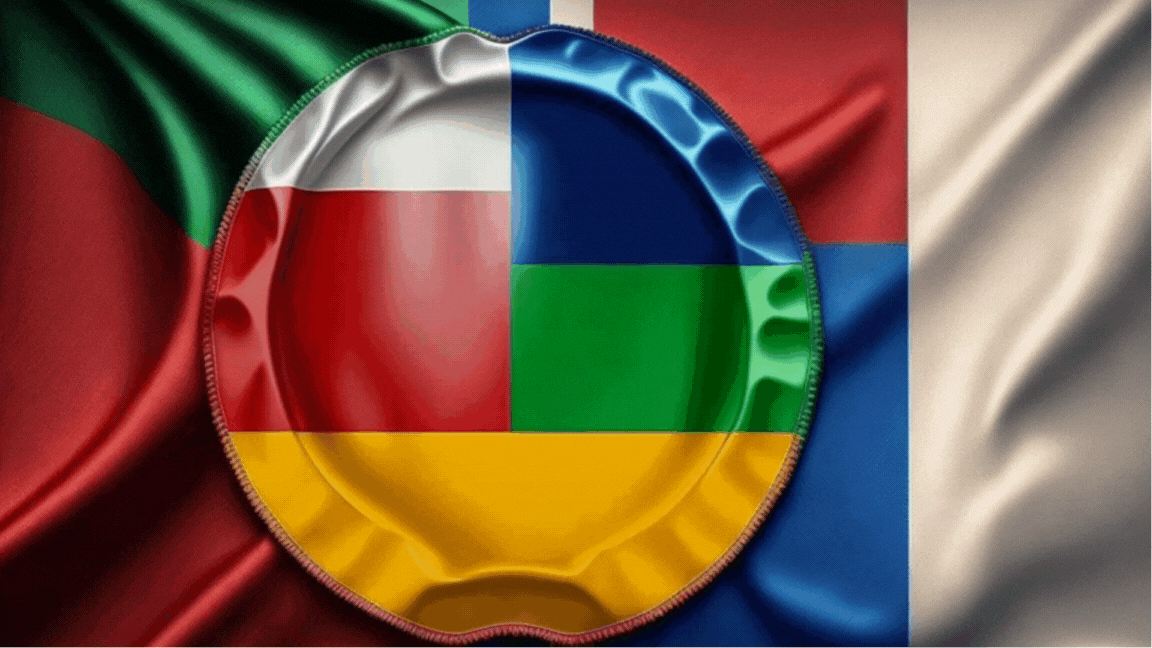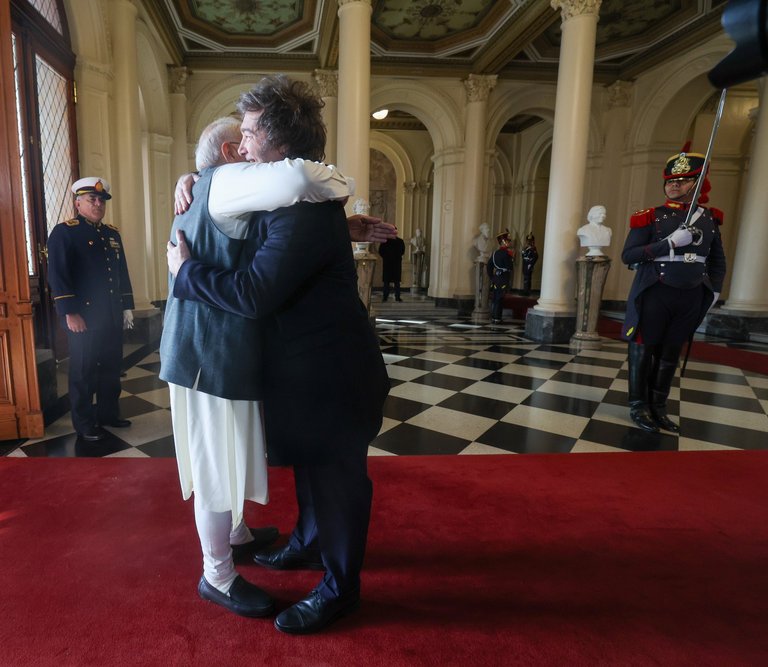The Latin American Report # 530

Former Bolivian president Evo Morales has effectively been blocked in his attempt to run again as the head of the Great House of the People, after the deadline passed this week for eligible parties to make changes to their candidates for the upcoming August 17 presidential elections. This was one of the last remaining legal options available to Morales from a rational perspective, grounded in current legislation.
Evo, controversially reelected in 2015 through a legal maneuver, was unable to be sworn in as president for a fourth consecutive term in 2019, as he was relying on another questionable "legal" maneuver with the Constitutional Court that declared indefinite reelection a "human right"—ignoring both the electorate’s strong opposition to the idea (as expressed in a referendum) and the weak argument for such a concept under the Magna Carta.
What exactly happened in the 2019 presidential election remains debated, following different analyses of the data by the OAS—accused of instigating a coup with its preliminary report—and two researchers from the Massachusetts Institute of Technology (an analysis aligned with the OAS perspective but presenting both views can be read here). But what is certain is that Evo yielded to political-military pressure and ultimately left the country.
Still commanding a large support base, he returned to Bolivia after his party, Movimiento al Socialismo (MAS), won the 2020 elections. Then, problems began to emerge progressively in his connection with La Paz, to such an extent that, today, the rift between President Luis Arce and Morales is as vast as the continent itself. Morales has harshly criticized his former minister’s administration, while the latter has even linked him to drug trafficking.
Along the way, there has been no shortage of drama: deaths, accusations of coups or self-coups, assassination attempts (or self-orchestrated ones), road blockades, allegations of improper sexual conduct, entrenched standoffs, massive protests—and who knows what else is yet to come, because, again, Morales retains a significant social base capable of destabilizing the country, especially given his control over the Cochabamba tropics.
Álvaro García Linera, the mastermind behind most of the positive outcomes of Morales’s tenure, has repeatedly stated that MAS cannot move forward unless Arce and Morales reconcile. Neither has backed down, with the veteran coca growers' union leader unsuccessfully attempting to run through a legally dismissed party, while also being targeted by a court ruling reaffirming that he has already exhausted his two opportunities to lead the Burnt Palace. August is near, yet at the same time far away. We shall see.
The Modi’s "rare" agenda
Indian Prime Minister Narendra Modi’s stopover in Argentina offers many signals about his flexible approach to foreign policy, which at the same time may contrast with the ideas and priorities of the BRICS bloc, whose annual summit, starting tomorrow, he is scheduled to attend (you need to remember also that India is a Quad). Lula, who will act as host in Rio de Janeiro, was in Argentina last week but did not meet privately with Milei, instead meeting with the judicially embattled Cristina Fernández de Kirchner. Signals. Modi was expected to discuss with the head of the Pink House some agreements related to key sectors such as hydrocarbons and mining, reports EFE.
 Source
Source